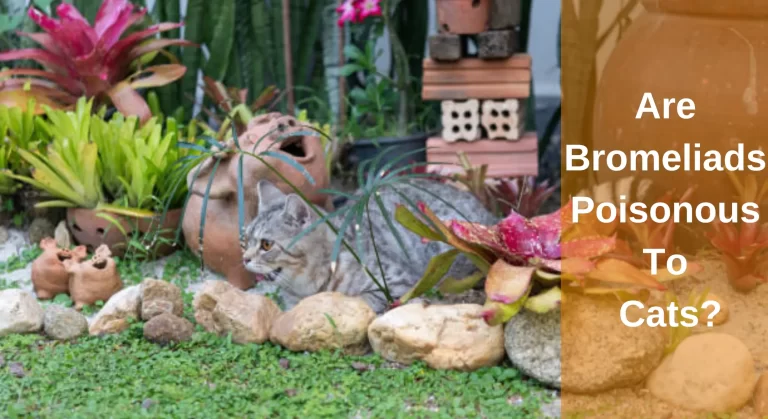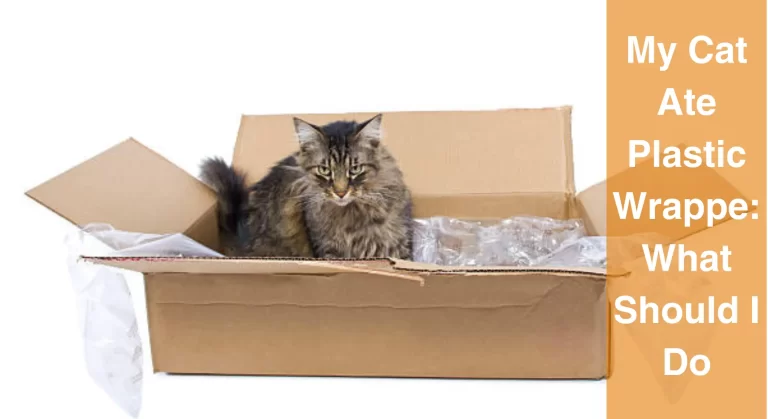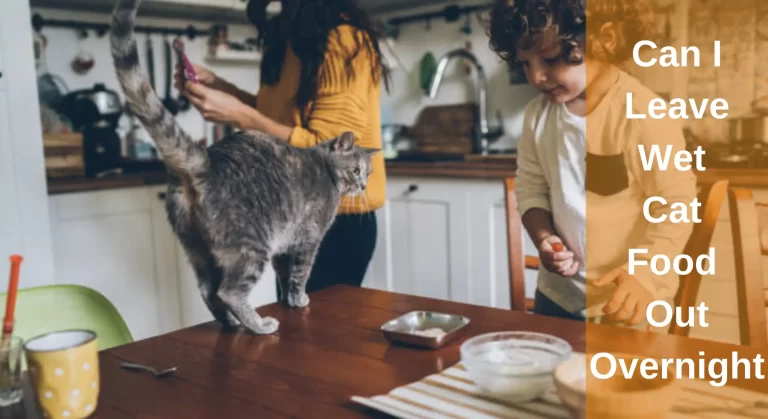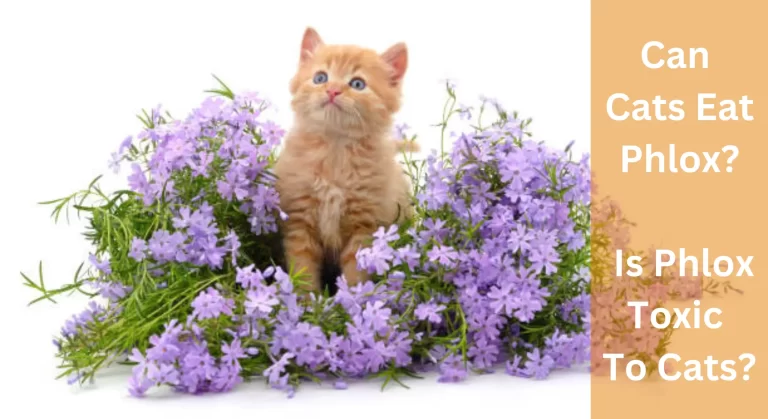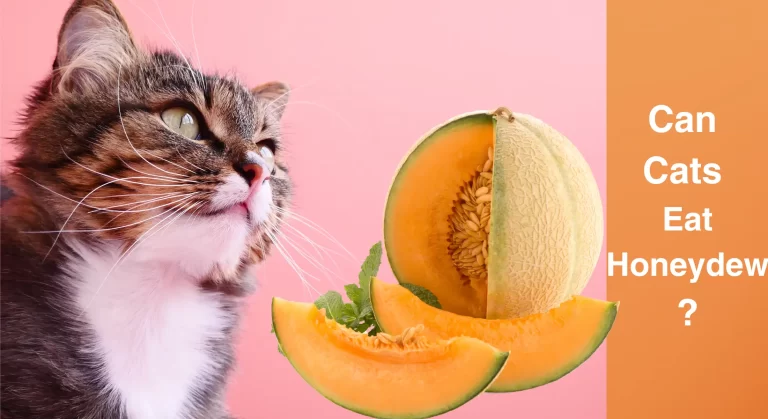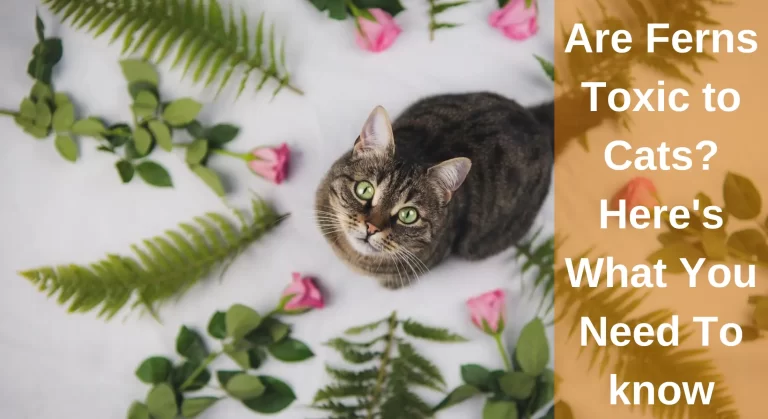Pros and Cons of Grain Free Diet for Cats – Is Grain-Free Cat Food a Good Choice?
It goes without saying that you want your feline companion to live a long and fulfilling life as a cat parent. You must make sure your cat is getting the proper nutrition if you want to keep them healthy.
So picking cat food is a highly important decision. This has only been made worse by the astounding amount of cat food choices that are currently available. Grain-free, vegan, vegetarian, raw, holistic, organic, human-grade, and freeze-dried cat food are among the trendy pet foods that are steadily gaining popularity among pet owners.
Over the past 20 years, grain-free pet foods, particularly grain-free cat meals, have become one of the most well-liked and contentious innovations in pet nutrition, despite the fact that each of these diets has pros and cons. If you’re interested in finding out what experts say about grain-free cat food, you’ve come to the right place.
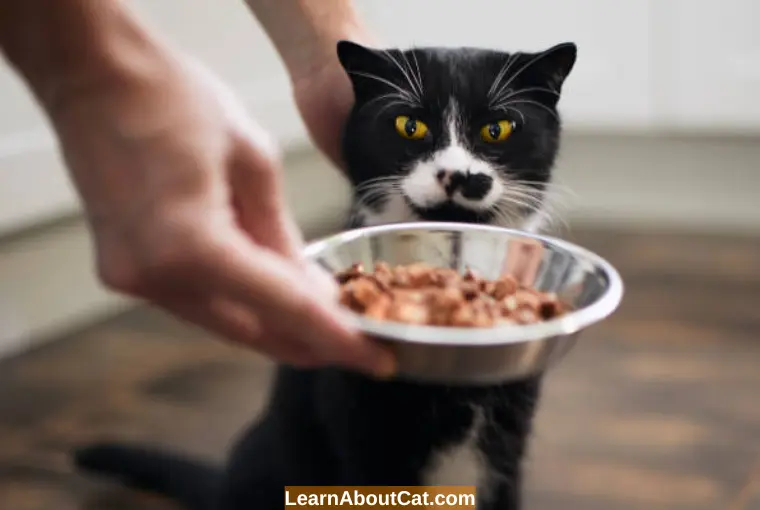
What is Meant by Grains-Free Cat Food?
Contrary to what the name would indicate, this cat food’s formulation does not contain any grains. While the grain-free diet for people may be familiar to you, what does it involve for cats? Even now, this term might not be entirely obvious.
Examples that come to mind first include oats, wheat, corn, rice, and barley. A grain-free cat food is also free of grain by-products such as gluten, bran, starch, and flour. Grain-free cat chow is created without these well-known grains in its list of components.
Is Grain-Free Cat Food Mean Gluten-Free?
Yes, all grain-free cat food is gluten-free as well. If the cat food does not have grains, there can’t be gluten in it! Gluten is a protein component of grains, so if it doesn’t have grains, there can’t be gluten!
Although humans suffer from gluten allergies (gluten intolerance), gluten-free diets may be necessary for these patients. However, cats are extremely unlikely to suffer from these allergies. The grain content is far more important to cats than gluten-free cat food, which is why you don’t often see gluten-free cat food labels.
Check Out: Can Cats Eat Flour?
Do Cats Need Grains-Free Food?
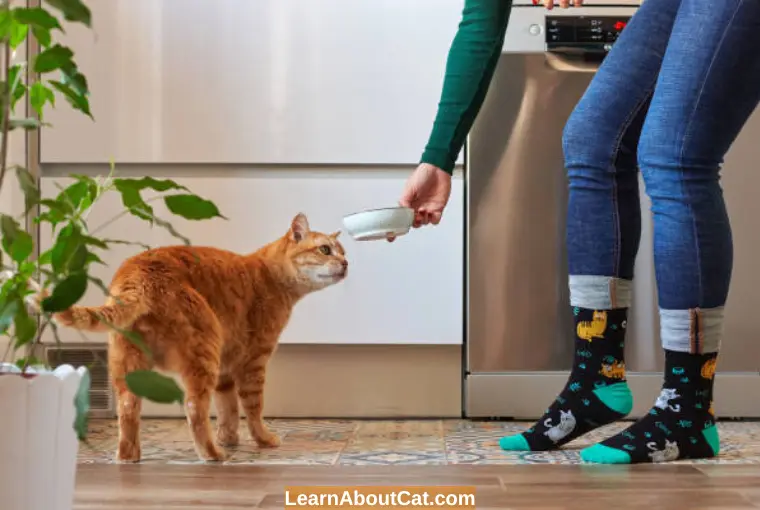
Cats do not usually need grain-free diets. They don’t eat grain-free cat food in the wild. Wheat consumption by lions is unusual. So why does my cat even need grain if he is descended from wild cats? It is not accurate to say that wild animals eat food that is specifically suited to their dietary requirements.
Despite the fact that domestic cats and dogs can digest more than 95% of them, nutritional studies reveal that wild cats and dogs do not regularly consume carbohydrates. Instead of being used as fillers, grains are a cheap source of energy and vitamins for pets’ diets.
What About Felines Who are Sensitive to Grains?
Cats that have been found to be allergic to grains like rice, maise, or barley should naturally eat a diet devoid of such items. The best way to determine whether a cat has food allergies is through blood tests or intradermal allergy testing; therefore, many cat owners who suspect their cat has allergies depend on their own suspicions or a suggestion from a friend, breeder, or veterinarian.
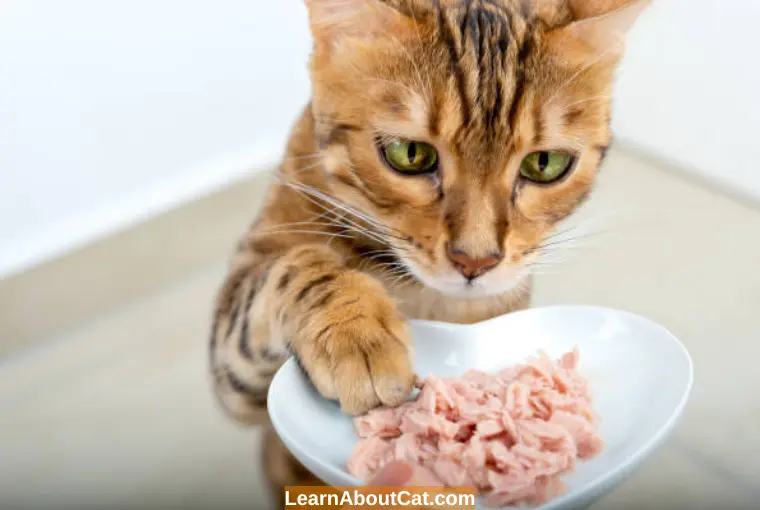
Contrary to what many pet parents believe, only a tiny fraction of animals with food allergies truly have grain allergies. Animal proteins like chicken or fish are the main culprits in the great majority of food allergies in cats.
Discuss any symptoms your cat is displaying that make you worried about a food allergy with your regular veterinarian if a veterinary dermatologist or other specialist has not yet established whether your cat has a grain allergy, such as:
- Hair loss
- Itchiness
- Bodily bruising
- Stomach issue
They will be able to provide you with sound advice on your cat’s condition and the potential effects of food.
The Pros and Cons of Grain-Free Cat Food
Although grain-free cat food offers certain benefits, there are also some disadvantages.
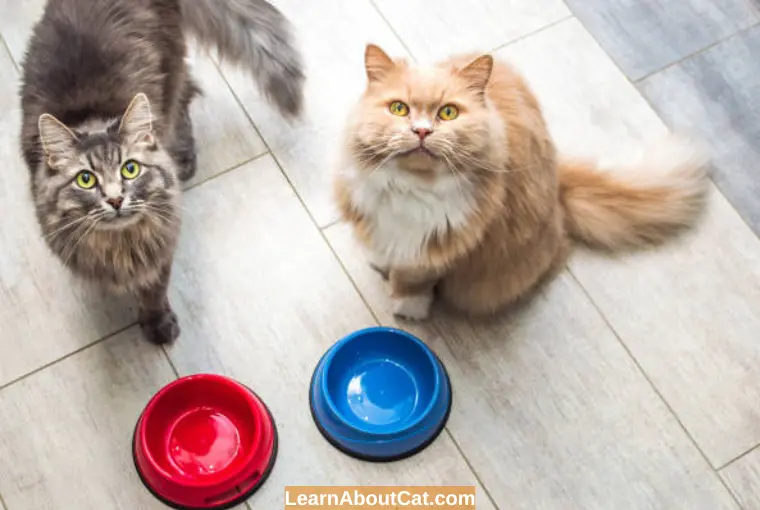
Pros
- Grain-free cat chow frequently mimics what cats would eat in the wild more closely. For instance, they include more of the proteins found in foods like beef, chicken, and salmon, which are frequent in the diets of wild cats.
- Cats that are allergic to or sensitive to foods containing gluten will exhibit fewer if any, signs of these conditions.
- Grain-free, premium cat food has fewer carbohydrates. Cats consume extremely few carbohydrates in the wild; thus, domestic cats’ diets should also be very low in them.
Cons
- Grain-free cat food typically has more protein, but it also may have more fat, which can lead to obesity and rapid weight gain, which can harm cats’ health.
- Low-quality grain-free cat food frequently contains extra carbohydrates that some felines may find hazardous, such as sweet potatoes, brown rice, and brewers’ rice.
- Grain-free cat food, in particular, is more costly.
The Benefits of Diets Containing Grains?
Because cats must eat meat, at least half of their daily calorie intake must come from animal sources of high-quality protein. The majority of their diet should consist of vitamins, minerals, healthy fats, and a few carbohydrates. All of these nutrients, including protein, may be present in grains at significant levels.
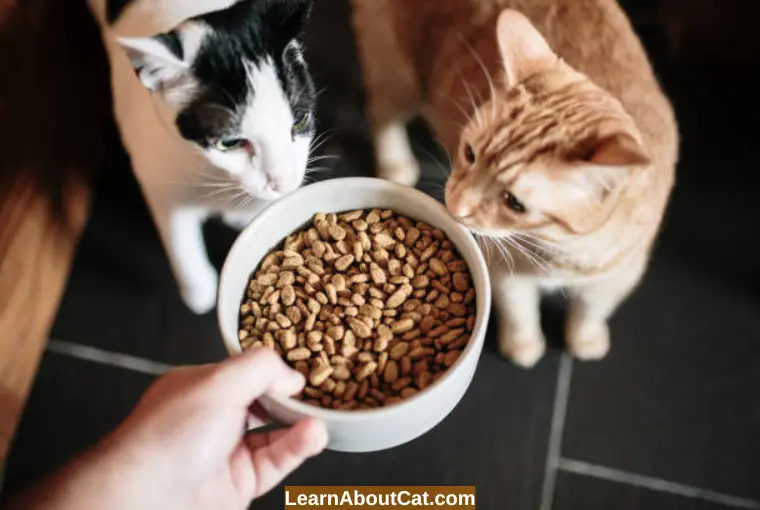
1. Protein that can be Digested
Since they are obligate carnivores, cats need to consume meat to thrive. As a result, protein serves as the primary macronutrient in all commercial cat food (the other two being fats as well as carbs). Animal goods like salmon, beef, chicken, tuna, or beef will make up the majority of this.
Your cat needs animal protein, but it also has to be broken down into its component amino acids for digestion. These are the constituent parts of the proteins that the bodies of cats may utilise. To obtain all of this protein from meat, you might need to consume a lot of phosphorus. Increased use of this mineral may cause kidney-related problems, such as chronic renal illness.
Animal protein serves as a cat’s main source of energy. However, they could incorporate the proper quantity of grains into their meals, which is helpful for all the reasons listed below.
Fortunately, grains can help because they are abundant in easily assimilated protein. This suggests that using it is simpler for the body. Additionally, veggies and grains provide low-phosphorus plant-based protein for your cat. This is a fantastic option to ensure that cats with renal problems get the protein they require.
2. A Variety of Essential Nutrients Found
Many people mistakenly think that grains are used as fillers in cat food. However, as I’ve shown, grains offer vital nutrients. This has essential vitamins and minerals, including iron, calcium, niacin, and folate, that are beneficial for your cat’s health. As a result, they are not only unnecessary calories in cat food; rather, when they are consumed in the proper amounts, they are good for your cat.
Price is one consideration; grains are readily accessible and a cheap way to ensure that your cat is receiving what it needs. Utilising grains is a cost-effective alternative. The fact that grains contain all the necessary nutrients in one meal is another aspect. This simplifies the ingredient list while guaranteeing that your cat gets the necessary vitamins and minerals.
3. Healthy Source of Fibre
Fibres are the best source for preventing hairballs. By being sucked up by insoluble fibre and moving through the digestive system, hair can be expelled from the body. This promotes digestive health generally and lessens the likelihood of intestinal blockages caused by hairballs.
Fibre is also essential for the production of healthy faeces. If your cat doesn’t get enough fibre, it might become constipated. Your cat may find it challenging and painful to urinate as a result. You will get runny, watery stools if you take too much fibre. A balanced diet, however, aids in the development of wholesome stools.
However, fibre’s benefits don’t stop there! This vitamin also helps cats with their weight control and decreases their high blood sugar levels. Fibre, a substance found in grains, provides all of these benefits.
What Are the Benefits of Grain-Free Diets?
As we just learned, grain consumption benefits your cat’s health. So these health advantages must vanish if you feed your cat a grain-free diet, right? Not suddenly, though! Diets without grains can be just as healthy!
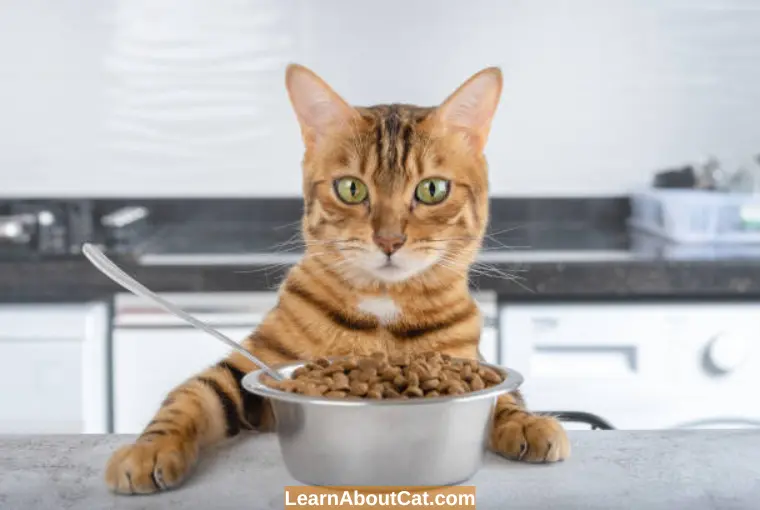
Although grains provide your cat with a number of health benefits, there do not seem to be any substantial health issues connected to a grain-free diet in cats. Despite the potential that this is the case for dogs, there hasn’t been any solid evidence suggesting that a grain-free diet may increase the risk of heart disease in cats.
The standard of the selected grain-free food also influences this, of course. High-quality grain-free cat diets make up for the required fibre, minerals, and digestible protein from other whole food sources or supplements. Your cat won’t be deficient in nutrients if you feed him grain-free cat food as long as these needs are met.
Grain-free diets might be beneficial in some situations. Here are some benefits of giving your cat food that is free of grains like wheat, oats, and corn.
1. Rich in Proteins
The common misconception that meals lacking grains have a higher protein content was already addressed. You may substitute any other macronutrient, such as protein, carbs, or fats, for the calories from grains. However, the proper grain-free substitute might boost the diet’s protein intake.
Cats need protein to survive, and a high-protein diet may be required in specific circumstances. For instance, iron-rich cat food for cats with anaemia often contains more heme protein by swapping out grains and vegetables for animal products. Grain substitution is a simple process, and the only method to increase the protein content of cat food is to remove another ingredient.
The most significant effect on allergies comes from a diet free of grains. Like people, cats may acquire allergies to any diet. Cats that are allergic to one or more common grains benefit greatly from a diet free of grains. Your cat won’t encounter any uncomfortable allergy symptoms anymore, such as:
- Too much scratching and itching
- Uneven clothing or thinning hair
- Stomach discomfort, nausea, or diarrhoea
- Significant flatulence
- Scabbing and other skin problems
Keep in mind, though, that cat grain allergies are rather rare. Actually, most feline food allergies are brought on by animal-based protein sources, including dairy, fish, meat, or poultry. Frequently, cats can digest the grains found in standard cat food.
2. Reduced Carbohydrate Intake
For a low-carb diet, grain-free cat food is the best option. As I’ve already said, “no grains” does not indicate that cat food has little carbohydrates. However, grain is a kind of carb. The diet is considered low-carb when grains are cut out of the diet and replaced with fat or protein instead of another source of carbs.
Why may you want to restrict how many carbs your cat eats? It may be challenging to digest too many carbs. Cats are far better able to absorb protein than other animals since they must consume meat. So, both dry and wet, sensitive stomach cat chow typically includes minimal carbs. They help in digestion and are easier to take.
Why Grain Should be Avoided in Your Pet’s Diet? The Problem with Grains
The average pet owner may not instantly understand why grain should be avoided in your pet’s diet. Grains, such as maise, rice, and wheat, are widely used as fillers in cat food since their production costs are significantly lower than those of animal products.
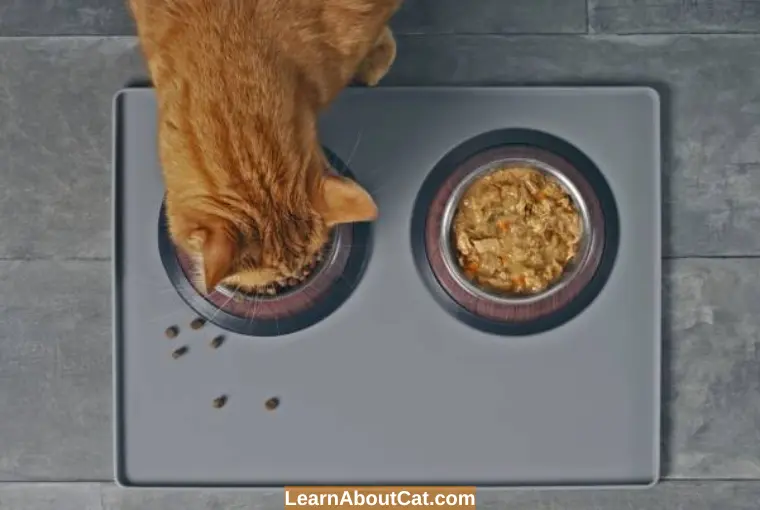
Grain replacements are criticised for not just replacing real meat but also for the potential digestive problems they might cause for some sensitive cats. Since cats were not designed to eat grains, they lack the salivary enzyme amylase, which would have helped break down the grains before they reached the stomach, according to one hypothesis for the prevalent cat allergy.
For wild cats, protein is essential for digestion, and the only source of carbohydrates is the meat they consume. A wild cat would never be observed eating maise or barley in a field, as you might think.
Frequently Asked Questions
The Bottom Line on Pros and Cons of Grain Free Diet for Cats
Is a diet free of grains thus advantageous for your cat? Actually, no, unless your cat has a rare sensitivity to wheat. Whole grains in the proper amount for your cat’s diet can be consumed without any issues.
Remember that the fundamental driver of the current rise in popularity of designer pet diets, such as those that are gluten-free, carb-free, low-fat, and grain-free, is the assumption that anything that may be good for us must also be beneficial for our dogs. This is a myth that could be harmful to your cat’s health.
Make sure to carefully analyse the content and quantities of the nutrients when choosing grain-free cat food. Pick meals with higher protein content and fewer carbs. You may always consult your veterinarian for help, which serves as a crucial reminder that switching your cat’s diet requires significant effort. Never forget to consult your veterinarian before making such a major change.
Who is Isabella?
My name is Isabella, and I am a dedicated and knowledgeable cat enthusiast. With years of experience caring for cats and a deep love for felines, I made a mission to help other cat lovers navigate the challenges of cat ownership.

